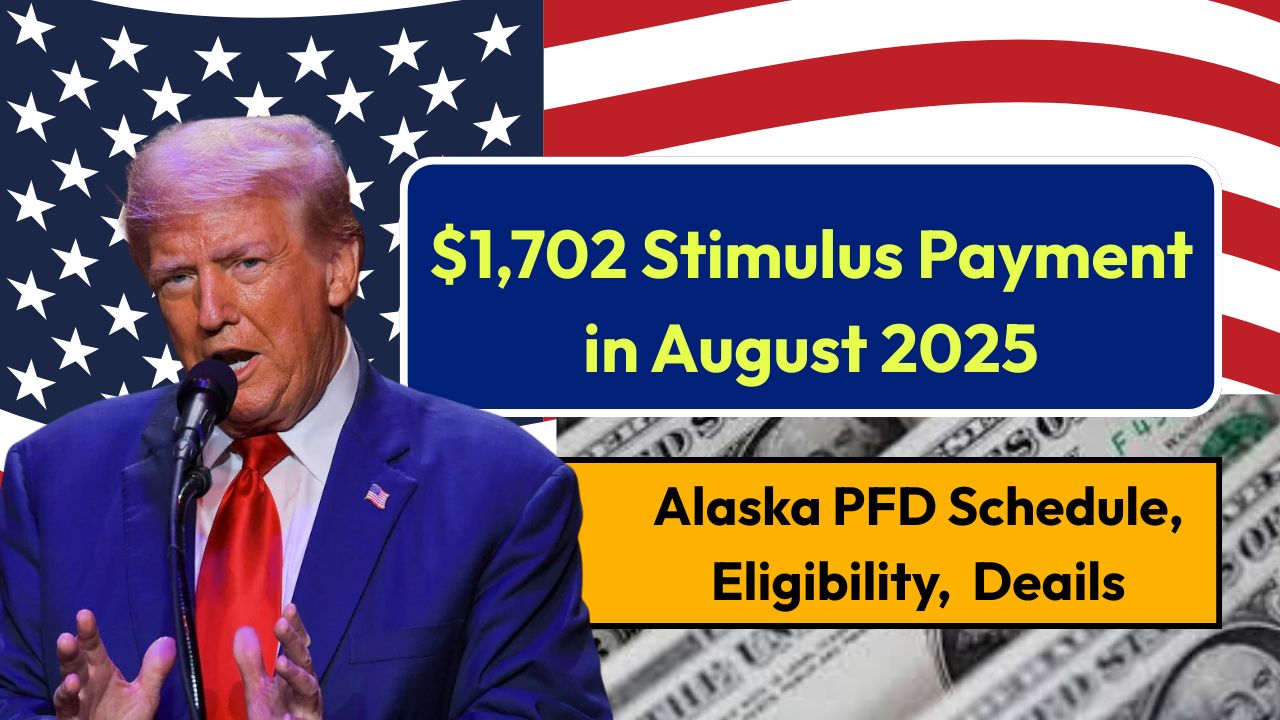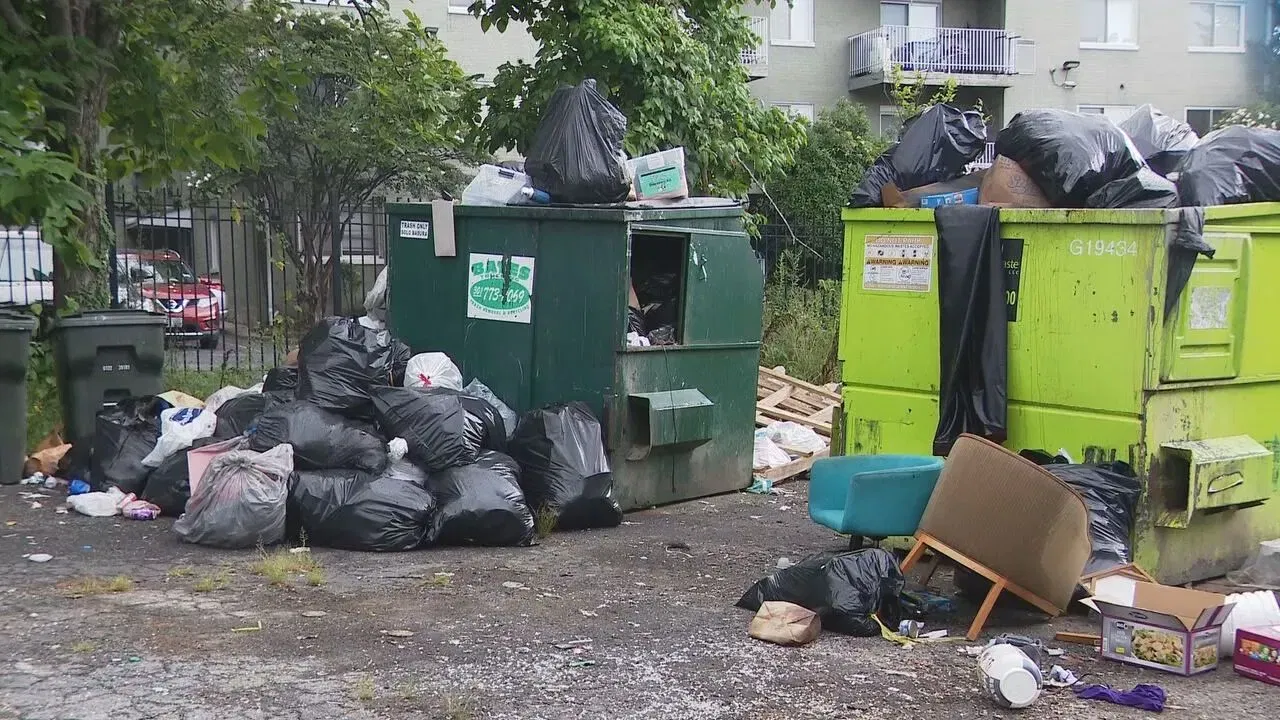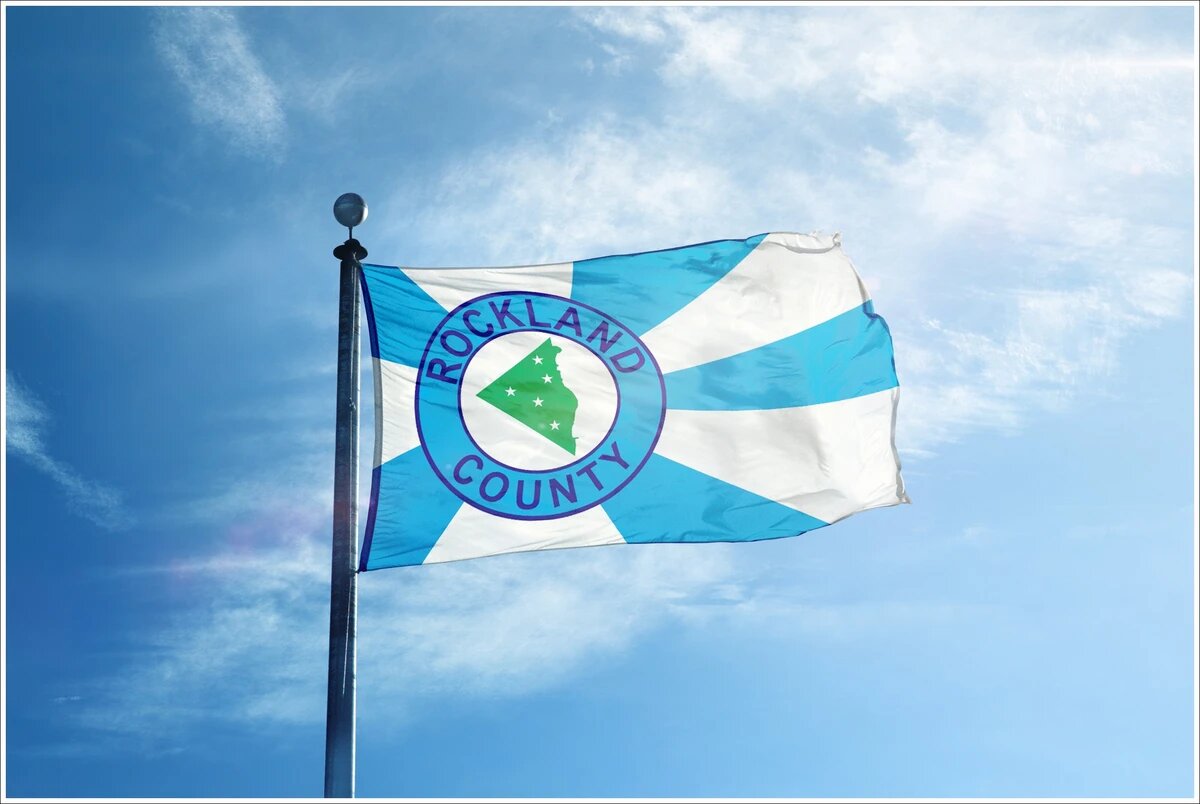Georgia is returning up to $500 in state tax rebates to eligible residents following a $16 billion budget surplus. The initiative, signed into law by Governor Brian Kemp, is intended to deliver economic relief to taxpayers across the state in response to ongoing inflation and high living costs.
Understanding the Tax Rebate: Who Qualifies?
Eligibility for the 2025 rebate includes:
- Filed 2023 and 2024 Georgia individual income tax returns
- Filing deadline extended to May 1, 2025, due to Hurricane Helene
- Full-year, part-year, and non-residents with 2023 Georgia tax liability
- Dependents claimed on another’s return are not eligible
- Rebates may be offset by state debts like back taxes or child support
Breakdown of Rebate Amounts by Filing Status
| Filing Status | Maximum Rebate Amount |
|---|---|
| Single | $250 |
| Married (Filing Separately) | $250 |
| Head of Household | $375 |
| Married (Filing Jointly) | $500 |
Part-year residents and non-residents will receive pro-rated amounts based on Georgia taxable income.
When Georgia Residents Can Expect Their Rebate
- Payments began in June 2025
- Direct deposit filers receive rebates faster
- Paper check filers should allow 6–8 weeks post-May 1 deadline
- Use the Georgia Surplus Tax Refund Checker to track your payment
Georgia’s Major Cities See Economic Impact
City-Level Benefits:
- Atlanta: Offsets rent, groceries, school expenses
- Savannah: Boost to local tourism economy
- Augusta: Supports healthcare workers and locals
- Macon: Relief for working families
- Columbus: Helps military families near Fort Moore
- Athens: Supports students and faculty
- Albany: Used for healthcare and utilities by seniors
- Valdosta & Rome: Local businesses benefit from increased spending
How the State Funds Surplus Tax Rebates
- Comes from fiscal 2024’s $16B surplus
- Over $1 billion allocated for rebates
- Reflects Georgia’s conservative budgeting strategy
- Governor Kemp: “Taxpayer money belongs to hardworking Georgians”
How Tax Rebates Differ from Tax Credits and Other Benefits
- This is a one-time cash rebate, not a deduction or credit
- Not taxable under Georgia law
- Can be used to offset state debts
- Separate from regular income tax return refunds
Comparisons to Previous Georgia Rebates
- Similar rebates in 2022 and 2023
- Previous rollouts prioritized electronic deposit
- Reinforces Georgia’s practice of returning surpluses to taxpayers
Unique Aspects of the 2025 Rebate
- Filing deadline extended due to Hurricane Helene
- Coincides with Georgia’s flat tax rate drop from 5.75% to 5.19%
- Rebates combined with tax cuts increase take-home income
Stories from Across the State
- Atlanta: Families use funds for essentials
- Savannah: Boost in tourism and local dining
- Bainbridge & Tifton: Help with emergency bills
- Athens: College students pay for tuition and books
- Albany: Seniors cover rising energy costs
Economic Benefits of the Rebate Programs
- Stimulates local economies statewide
- Higher sales tax revenue from increased consumer spending
- Especially impactful in retail and service sectors
How to Check Your Rebate Status and Avoid Scams
- Use the official Georgia Surplus Refund Status Tool
- Do not share banking info via phone or unsolicited emails
- Verify any communications through the Georgia Department of Revenue
Tax Rebates and the Rural-Urban Divide
- Benefits rural residents with limited income more significantly
- Pro-rata formula ensures part-year residents (e.g., Statesboro, Rome) get fair rebates
- Works in tandem with rural tax incentives for development and job growth
Tax Planning Tips for Maximizing Your Benefit
- File early and choose direct deposit
- Regularly check eligibility on official websites
- Settle outstanding debts to avoid offset
- Keep contact and bank info updated in the Georgia Tax Center
Community Initiatives and Local Assistance
Cities like Augusta, Dalton, and Warner Robins offer:
- Free tax prep assistance
- Public workshops and seminars
- Help for low-income and elderly residents
Potential Future of Georgia’s Tax Policies
- Flat income tax rate may drop further to 4.99%
- Continued commitment to rebates and tax relief
- If surpluses continue, more rebate programs likely in future years
Frequently Asked Questions About the 2025 Georgia Tax Rebate
Q: Who is ineligible for the rebate?
A: Dependents, those with no 2023 Georgia tax liability, and late filers.
Q: What if I moved recently?
A: Update your address and bank info in the Georgia Tax Center.
Q: Is the rebate taxable?
A: No, it’s exempt from Georgia state income tax.
Q: How are part-year resident rebates calculated?
A: Based on your Georgia taxable income share for 2023.
Q: What if I don’t receive my rebate?
A: Use the online checker or contact the Department of Revenue.
Georgia’s Approach Sets a Benchmark
Georgia’s proactive approach—combining tax cuts, rebates, and transparency—has positioned it as a model for other states navigating budget surpluses. Unlike temporary federal stimulus programs, Georgia’s surplus rebates reflect a pattern of fiscally responsible, citizen-first governance.
Final Thoughts: A Win for Georgians in Every City
From the foothills of Rome to Savannah’s coastal markets, this tax rebate is more than just a check—it’s proof of responsible governance, smart fiscal management, and statewide unity. Stay informed, stay eligible, and enjoy the benefits of a program that truly gives back to Georgians.
Sources:
















Leave a Reply